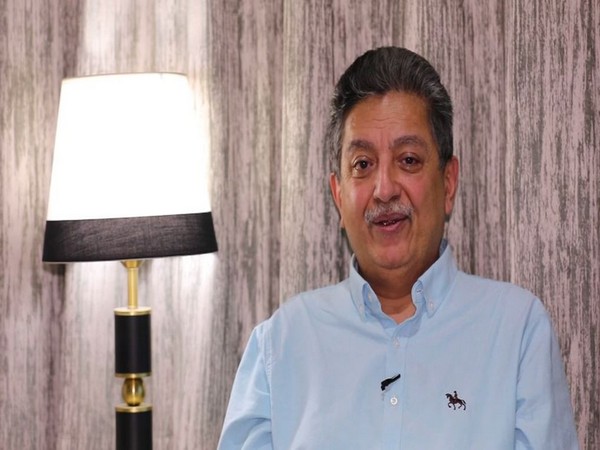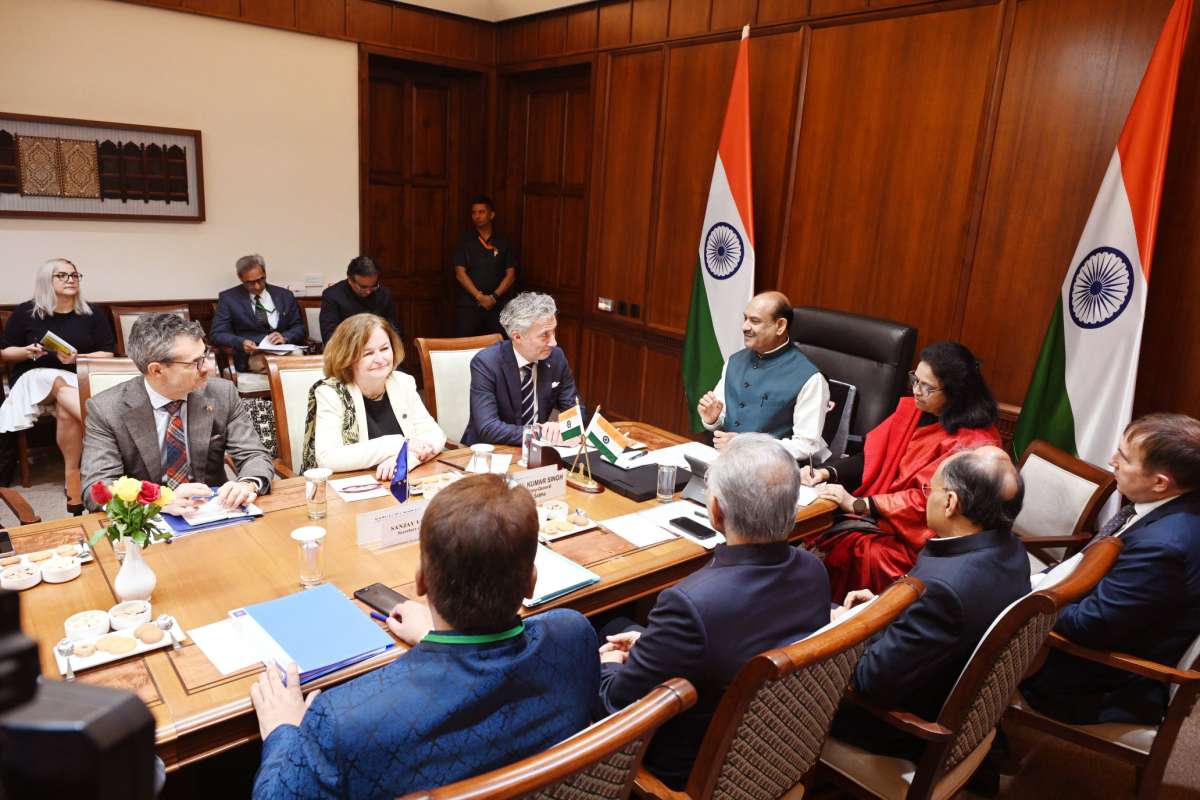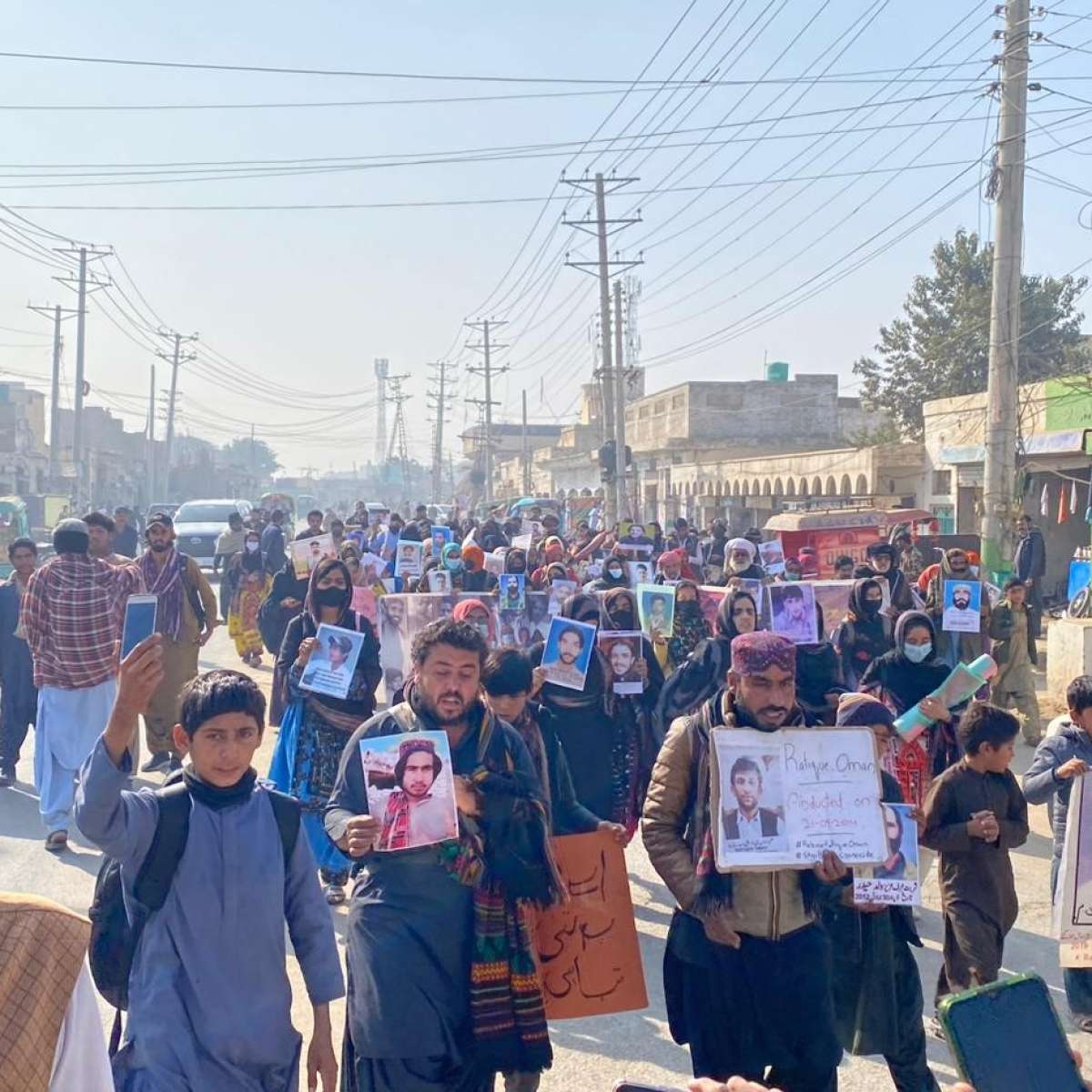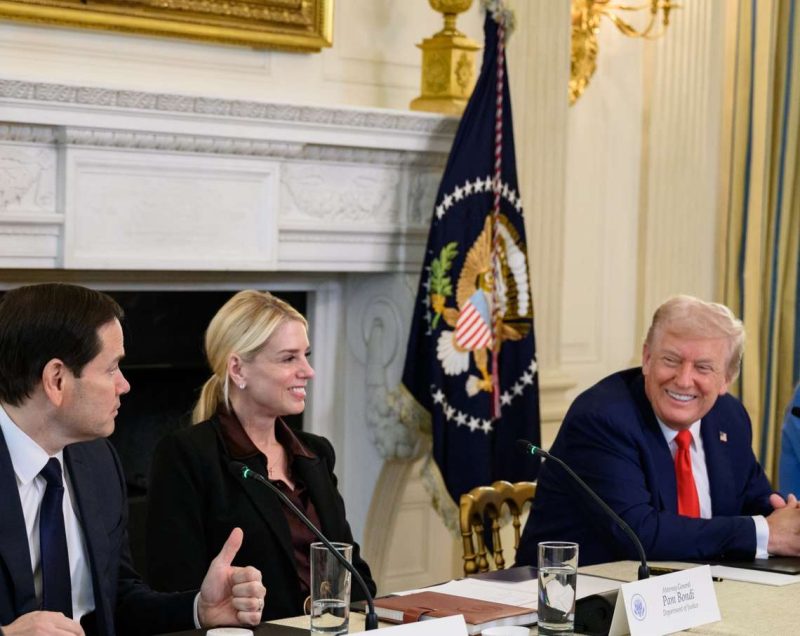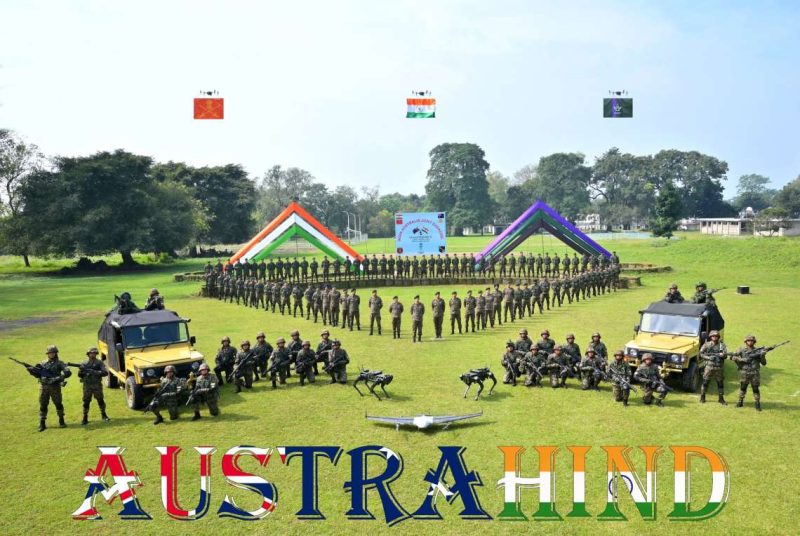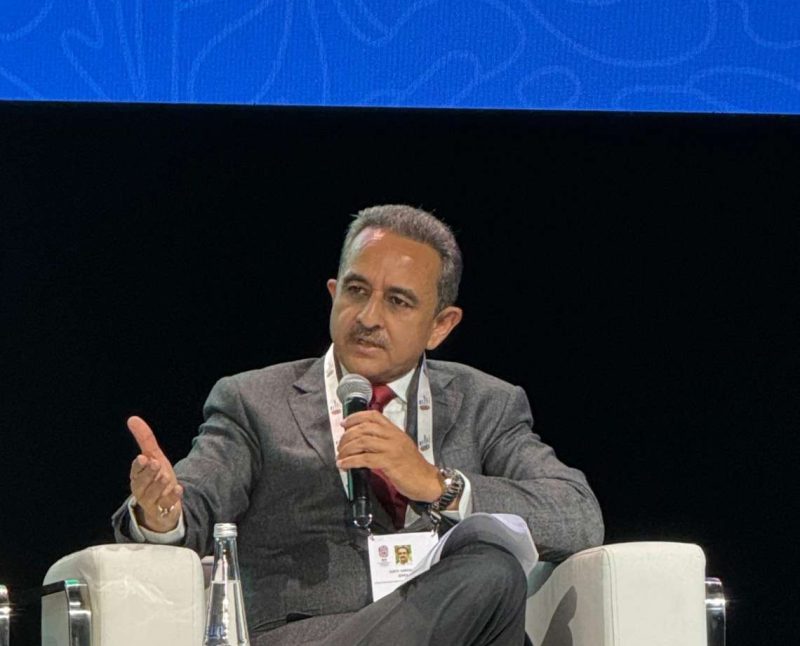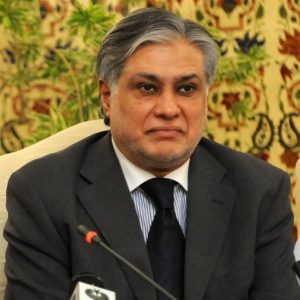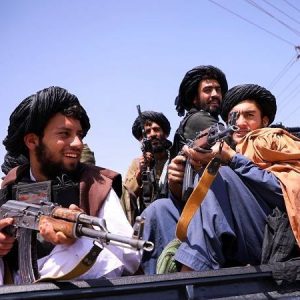Arif Aajikia highlighted the alarming situation in PoK, emphasising the lack of progress and prosperity compared to the Union Territory of Jammu and Kashmir…reports Asian Lite News
Arif Aajikia, a former member of the Muttahida Qaumi Movement (MQM) and a human rights activist based in Karachi, Pakistan, highlighted the critical issues in Pakistan-occupied Kashmir (PoK).
He specifically discussed the deterioration of human rights in the region, emphasizing the decline in cultural, linguistic, and heritage elements.
In an exclusive interview with ANI, Aajikia said, “The biggest thing in human rights is your culture, your food, your dress, your language, your heritage, which is being killed in PoK.”
He also highlighted the alarming situation in PoK, emphasising the lack of progress and prosperity compared to the Union Territory of Jammu and Kashmir. According to him, the disparity becomes evident through social media, where people in PoK witness the advancements and well-being in Jammu and Kashmir, questioning why their region lags behind.
“People in PoK, when they see the progress and prosperity in the Union Territory of Jammu and Kashmir, they start thinking that we are also the same people; we were also once part of Kashmir. Why is there no progress or prosperity in PoK? Why is there no prosperity in Gilgit Baltistan?” the rights activist said.

Despite providing electricity to Punjab province in Pakistan, residents of PoK face prolonged load shedding, receiving some of the most expensive electricity rates despite being the producers. “People of PoK, they provide electricity to Punjab province of Pakistan. Yet they have 16 hours and 12 hours of load shedding. Most expensive electricity is provided to people of PoK while they are the producer of the electricity,” he noted.
Aajikia also pointed out the paradox of supplying water to the entire country (Pak) while PoK’s women endure hardships fetching water.
Aajikia compared the demographic changes, noting the preservation of Kashmiri identity in Srinagar in contrast to Muzzafarabad, where Punjabi influence dominates.
“If you go to Srinagar, you will find people wearing Kashmiri dresses, eating Kashmiri food, and speaking Kashmiri. If you go to Muzzafarabad, you will see that 90 per cent of people are speaking Punjabi, 90 per cent of people do not wear Kashmiri dresses,” he said, noting the destruction of culture in PoK.
Aajikia also raised concerns about the lack of educational institutions, including universities, colleges, dental colleges, and medical colleges; inadequate infrastructure such as roads and highways; and the absence of employment opportunities in PoK. Protests across the region reflect the discontent among the populace.
Regarding Article 370, Aajikia stated that it is an internal matter of India and that no external interference is warranted. He underscored that the unresolved issue lies in PoK and Gilgit Baltistan, occupied by Pakistan. Aajikia questioned Pakistan’s actions in 1947 when it attacked Kashmir, asserting that those involved were not Mujahids but terrorists, engaging in atrocities against Kashmiri women.
“When Pakistan attacked Kashmir, they were not Mujahids; they were terrorists because they were raping Kashmiri women. Kashmiri women were sold in bazaars in Rawalpindi and Peshawar by Pakistanis,” the activist said.
In his legal perspective, Aajikia emphasised that the only unresolved issues pertain to the lands occupied by Pakistan and China. He highlighted Aksai Chin, occupied by China, as part of the state of Jammu and Kashmir, belonging to India.
“The only unresolved issue is the lands occupied by Pakistan and China because Aksai Chin, which is occupied by China is also part of the state of Jammu and Kashmir, part of Bharat,” he added.
Shedding light on issues of governance, human rights, and regional disparities, the rights activist also called for international attention to the situation in PoK, which is likely to grow with such perspectives gaining prominence. (ANI)
ALSO READ: Afghan Migrants Speak Out on Hardships, Mistreatment in Pakistan
ALSO READ: Pakistan Raises Eyebrows Over ‘Generous’ Weapon Supply to India


